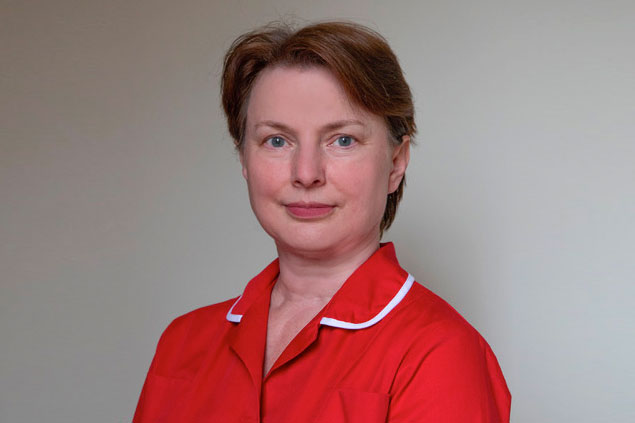As this is my first blog of 2022, I wish all staff across both Trusts a happy new year. I hope you all managed to have some down time and relaxation over the festive period.
I start the year with some good news for you on the recruitment front. I am delighted to announce we have appointed 10 Practice Education Facilitators (PEFs) at Walsall Healthcare NHS Trust, following the introduction of these at The Royal Wolverhampton NHS Trust (RWT) in 2019-20.
I am keen to emulate the success we’ve had at RWT with PEFs at Walsall and I’m confident that with a similar structure in place, we will.
So, you might ask, what are PEFs and what do they do? Here is a broad summary of their duties:
- Perform face-to-face education to nurses in a variety of settings, such as a classroom, bedside, clinical areas and simulation training
- Provide support for everyone in a clinical area, from student nurses, allied health professionals, international nurses and ward managers
- Link in with the Quality Team to see where education can support the Quality agenda, for example, training on falls
- Look at where we need to provide more training for nurses by examining governance and root cause analysis (RCA), where events are studied where patient harm or undesired outcomes have occurred in order to identify and address the root causes.
Each PEF will be responsible for their own wards and allocation of whole time equivalent staff so they will be able to develop relationships with those colleagues to ascertain their education needs. Walsall’s Associate Director of Research and Professional Development Lorna Kelly estimates each PEF will have 50 to 65 staff.
This is a new initiative at Walsall and follows substantial investment. All 10 positions are permanent, with three senior PEFs and seven who will report into those three.
The three senior PEFs started on December 17 with everyone else due to commence their new positions this week.
Walsall currently has around 130 new international nurses from all over the world. Many of these have come from countries very different to ours, so the PEFS will assume a pastoral role to support them.
This will help the nurses settle into our culture; for example, helping with accommodation, schooling if they have children of that age and setting up a bank account, as well as work-related objectives such as competencies.
They will be temporary posts until the end of March but with a view to extending their roles for another 12 months.
At RWT, the number of PEFs has grown to 25 over the last 12 months, mostly in Integrated Critical Care Unit (ICCU) and Theatre. More will be recruited in the near future.
We are currently in the process of recruiting seven more PEFs at RWT. The plan is to have one band 7 and six band 6s who will cover all directorates across Division 1. Anita Macqueen, Deputy Head of Nursing / Senior Matron for Surgery, is leading on the recruitment.
I’m sure you will join me in wishing all our new PEFs every success in their new roles.
Take care,
Ann-Marie

